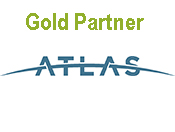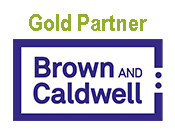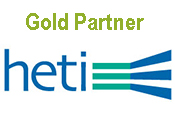Last month, the LSPA offered an 8-hr field course in the greater Falmouth, Massachusetts, area entitled, “Sediment, Surface Water, and Biota Sampling Methods to Support MCP Assessments.” This is a repeat course and each time it has been offered, we have received excellent rave reviews. Here are a few comments that we received after the June 2018 course:
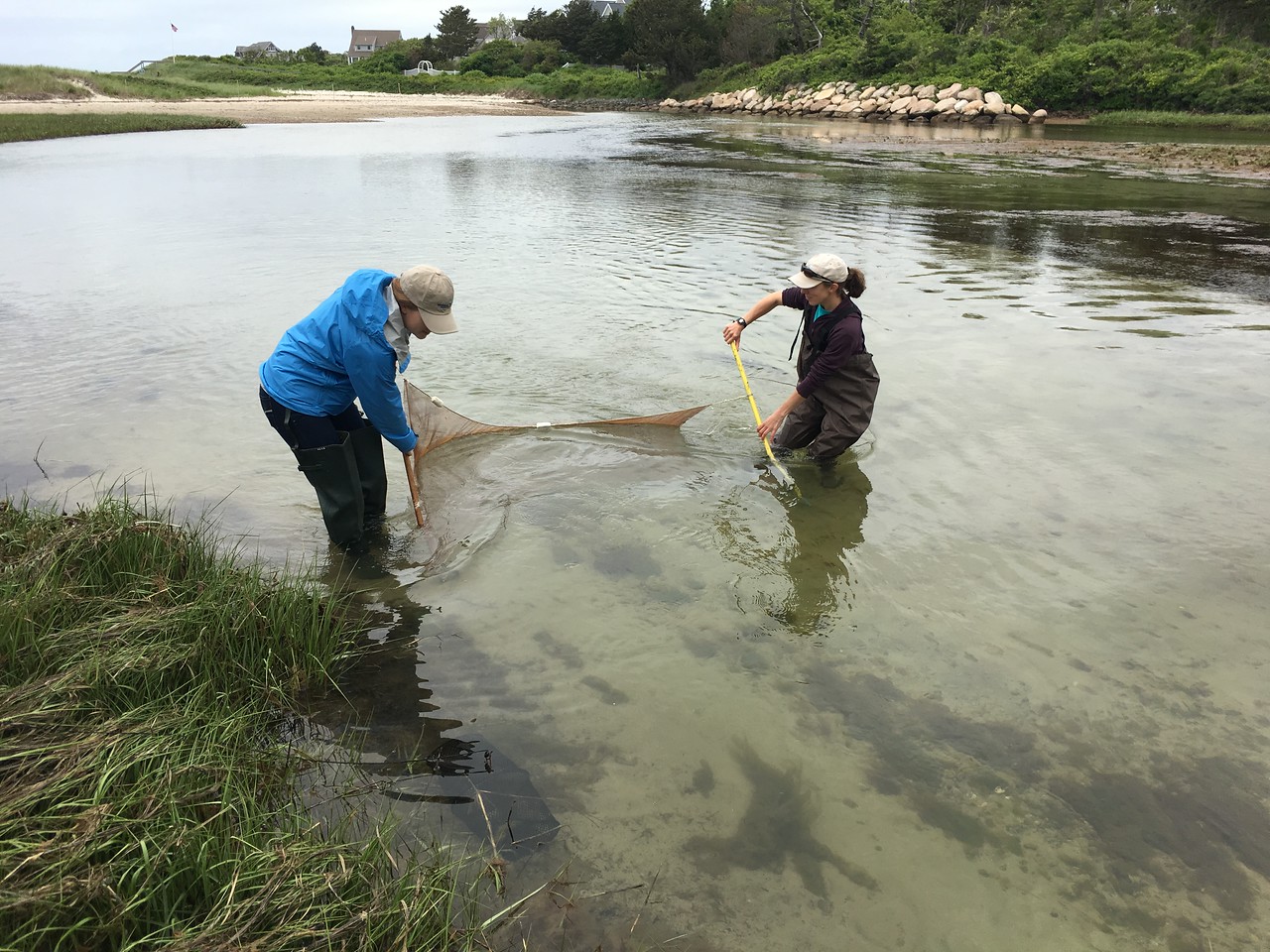
- “Loved learning in the field with the hands on teaching style. Learned a lot and had a blast.” “The boat portion of the course was excellent. Great to see use in action."
- “The field/practical portion of this course was excellent. It was very helpful to see the techniques discussed during the presentation demonstrated in the field.”
- “I really enjoyed this course and getting out from behind the desk to see the innovative sampling methods and challenges that come along with sediment/SW/biota sampling.”
- “This was a GREAT course! Boat trip and everything! Really great to get the hands-on experience with the different sampling and investigation equipment.”
- “Excellent idea to have a field class with hands on opportunities for participants.”
Since it is a field course, the course is capped at approximately 30 attendees. Seats have filled up quickly each time the course has been offered. We’ve done our best to fit as many attendees as possible but we’ve ended up with a waiting list each time. Since the course has been such a success, we are considering offering it again in the near future. If you haven’t taken this course yet, please stay tuned! Here is a link to a photo album (courtesy of Matthew Hackman) from the June 2018 course.
This field course introduces and demonstrates the application and limitations of state of the practice methods for sampling sediment, surface water, and biota in aquatic environments in support of MCP assessments. Instructors will introduce the range of sampling techniques and equipment and provide an overview of sampling planning.
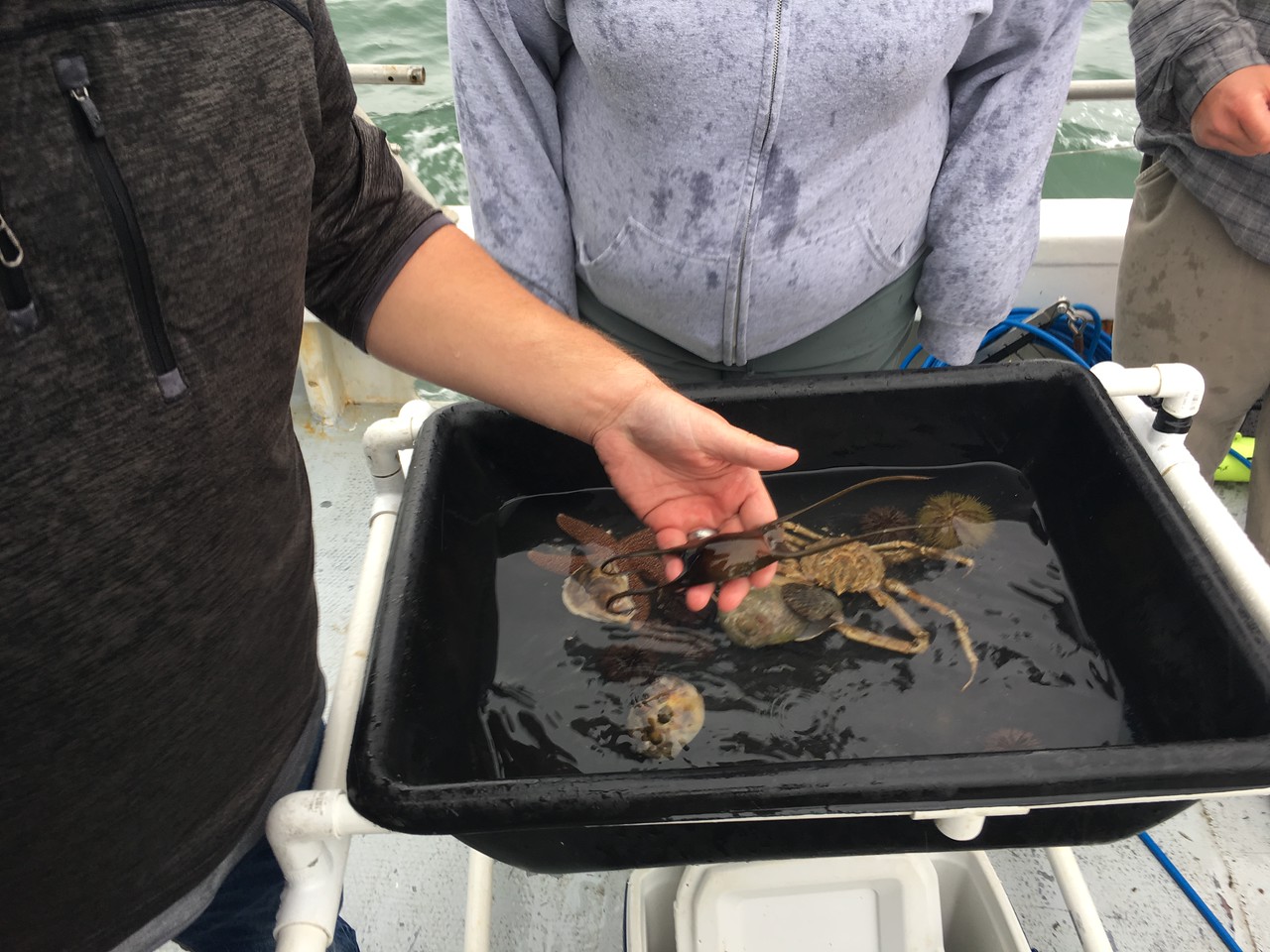
Sampling is done both from shore and in workboats (captained by licensed operators skilled in small boat operations, safety, and first aid). All students spend 5 hours in the field in groups of up to 15 participants per group under the immediate direction of trained aquatic biologists and coastal engineers.
We'd like to thank all of the Woods Hole Group instructors and their partners at Zephyr Education Foundation for making this course such a success!









